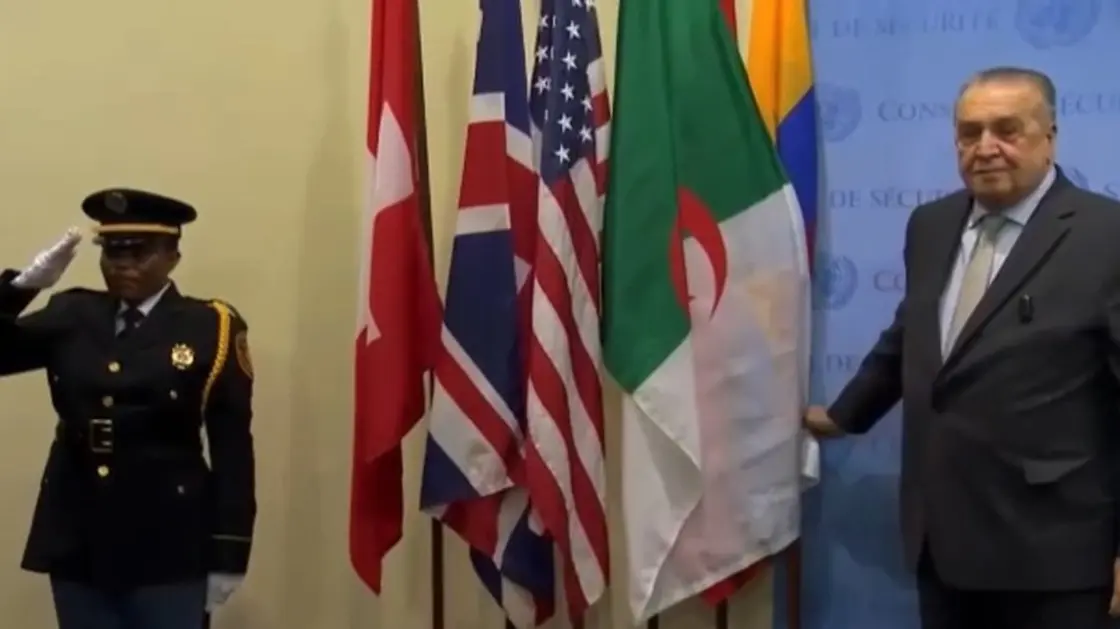At the start of the new year, Algeria began its term as a non-permanent member of the United Nations Security Council, a membership that is expected to achieve three main priorities, APS reported.
Algeria was elected as a non-permanent member of the Security Council with 95 percent, with 184 out of 193 countries voting on June 6, 2023, in favor of its membership in the Council for two years (2024 and 2025).
Algeria’s mandate in the Council began on the first of January 2024, and will continue until the thirty-first of December 2025, where it participates in this period with Sierra Leone, South Korea, Guyana and Slovenia.
This is the fourth time in history that Algeria has held a non-permanent seat on the Security Council, after the previous periods of 1968-1969, 1988-1989 and 2004-2005.
Algeria’s priorities within the framework of the principal organ of the United Nations are to promote peaceful settlements of crises, strengthen partnerships, support the role of regional organizations, strengthen the place of women and youth in peace efforts and enhance the effectiveness of the international struggle against terrorism.
In the context of the African Union, Algeria seeks to activate the request to increase the number of permanent seats of African countries on the Security Council, from three to five, in accordance with the agreements of the “Ezulwini Consensus” and the “Sirte Declaration”.
Algeria intends to contribute effectively within the Security Council by uniting Africa’s voice in support of priority issues and legitimately meeting the aspirations of the African continent.
Moreover, in New York, Algeria will renew its commitment to peace by giving priority to dialogue, peaceful resolution of crises and the principle of non-interference in the internal affairs of states, with the aim of continuing its approach towards maintaining international peace and security, supporting international cooperation and strengthening the role of the United Nations in order to lead it to assume its responsibilities towards the Palestinian and Sahrawi peoples, APS reported.
